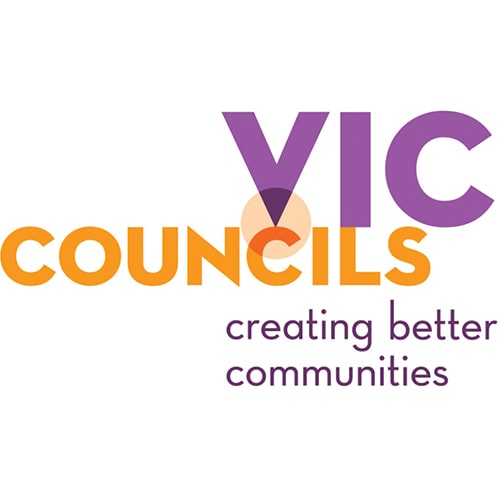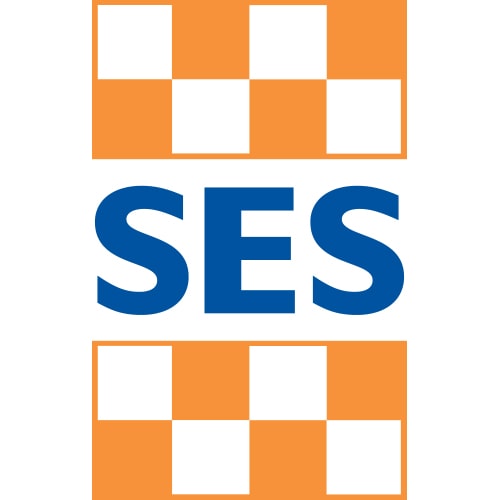State Office:
Neighbourhood Watch Victoria
Victoria Police Centre
311 Spencer Street
Docklands VIC 3008
General Enquiries: (03) 8335 6002
Media Enquiries: ceo@nhw.com.au
ABN: 41 586 657 273
Incorporation Number: A0018739R
Whatever your situation, it’s important to know that help is available. There are a range of support services you can reach out to if you’re experiencing violence at home or in a close relationship, or if you suspect that a friend, family member or neighbour may be experiencing family violence.
It can be hard to tell if someone is experiencing family violence – there may be no obvious signs. Safe Steps provides some signs you can and should look out for.
If you are concerned for the safety of a neighbour, friend or family member, you can reach out to police or one of the support services listed here. It doesn’t have to be an emergency.
However, if you become aware that a person is in immediate or urgent danger because of family violence (for example, you overhear loud threats of physical harm made against your neighbour by their partner or parent), you should immediately call Triple Zero (000).
If you contact police, they will take steps to ensure that you and your family (or the person you are calling about) are protected and will connect you with support services.
These services are available to help people experiencing violence feel safe and supported and to assist people using violence to change their behaviour.
Safety planning is thinking about things you can do to be safer when living with violence or abuse.
The best way to make a safety plan is with the help of a support service. Some of the things you may wish to consider include:




Neighbourhood Watch Victoria acknowledges the 38 mobs, the Traditional Custodians of the land on which we operate, live, and gather as employees and volunteers. We recognise their continuing connection to land, water and community and pay respect to Elders past, present and emerging.

At Neighbourhood Watch, we believe everyone has the right to feel safe and welcome. We are committed to ensuring diversity, inclusion and equity are embedded throughout our organisation – in the work we do, the services we deliver and among our staff, volunteers, and the communities we work with.


Neighbourhood Watch Victoria
Victoria Police Centre
311 Spencer Street
Docklands VIC 3008
General Enquiries: (03) 8335 6002
Media Enquiries: ceo@nhw.com.au
ABN: 41 586 657 273
Incorporation Number: A0018739R